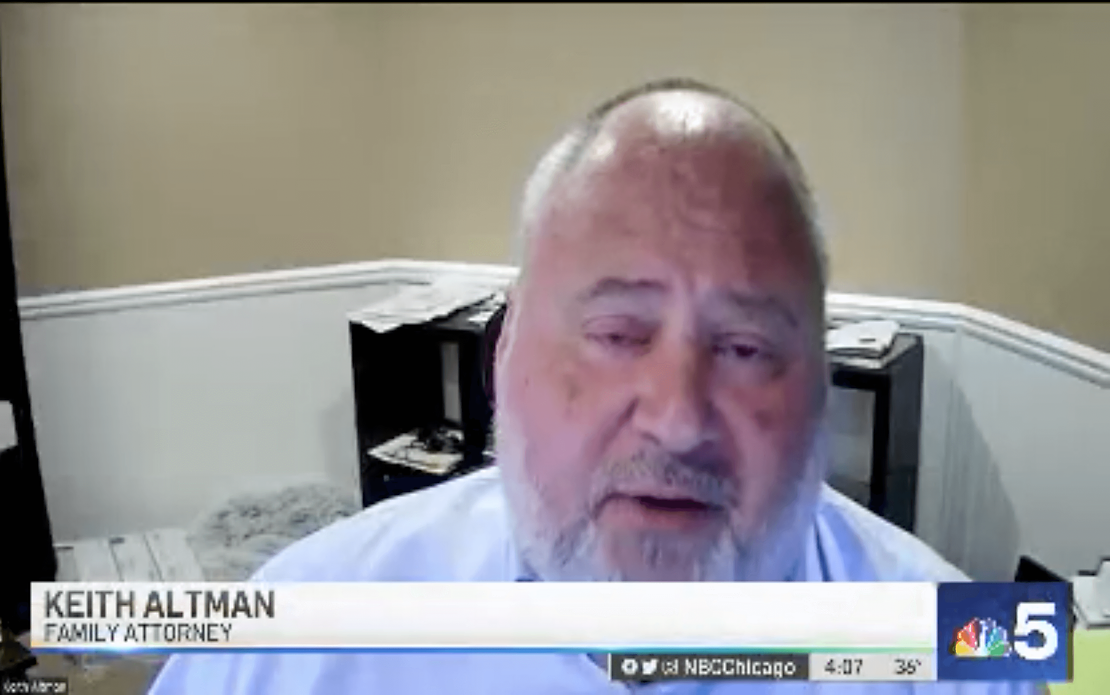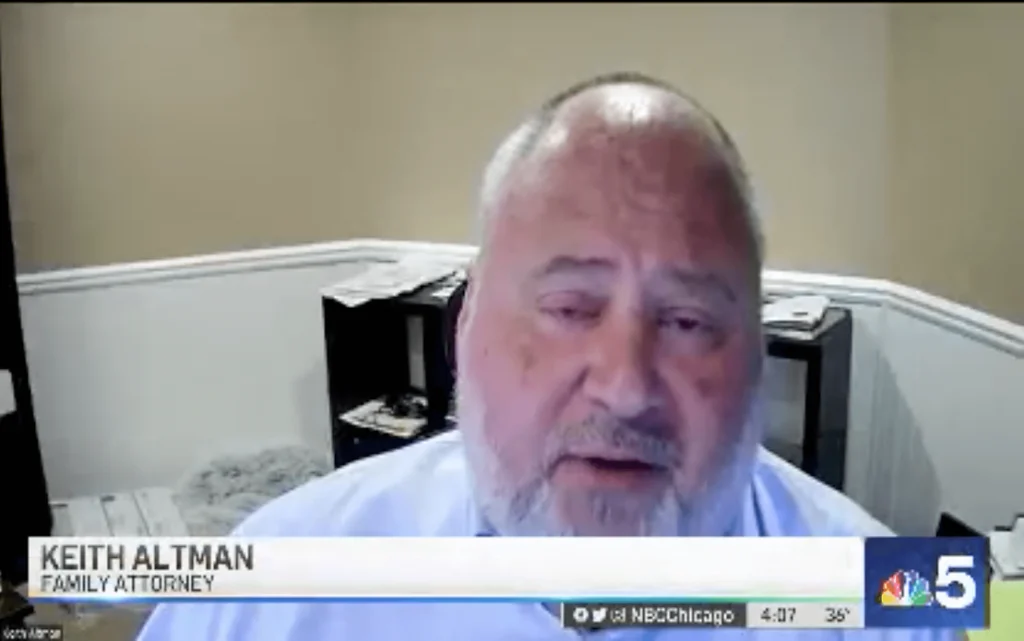Keith Altman in the Gonzalez vs Google LLC Case Expresses his Opinion to the NBC Chicago about the Role of Social Media in Terrorist Attacks
With the imminent Supreme Court decision in the Gonzalez vs Google LLC Case, which calls into question the basic nature of online responsibility, the social media environment could dramatically change.
A story of blame developed in the disturbing wake of the terrorist incident in Paris in November 2015, which cruelly took the lives of 130 people, among them 23-year-old Cal State student Nohemi Gonzales. Gonzales’ parents filed a lawsuit against YouTube and Google, the site’s parent corporation.
The lawsuit claims that the algorithms used by digital corporations to recommend ISIS videos unintentionally served as recruitment engines for terrorists.
Family lawyer Keith Altman, who is representing Gonzales’ parents in the Gonzalez vs Google LLC lawsuit, presents a convincing argument to NBC Chicago, contending that extremist organizations like ISIS might have remained obscure, constrained in their influence, and limited in scope if it weren’t for the wide-reaching social media platforms. Altman says, “ISIS might simply be 50 men chanting in the desert without social media. However, it gives them access to a worldwide stage”.
The core of the Gonzalez vs Google LLC Case is based on the interpretations of the [Section 230 of the Communications Decency Act of 1996]. Professor Harold Krent from IIT’s Chicago-Kent College of Law emphasizes that Section 230 shields businesses like Google from liability resulting from third-party content. However, at a time when algorithms curate and recommend content, the question arises whether digital firms are only hosts or are actually publishers.
Any decision to narrow the Section 230’s boundaries would have an impact not only on the tech giants but on the foundational principles of how the Internet works today. Although court’s justices are inclined towards offering protection to the existing digital norms, it’s important to recognize the internet’s enormous economic influence, which accounts for nearly 10% of US GDP.
Altman’s plea serves as a sharp reminder of the interplay between technology, accountability, and justice in the modern day as the legal community waits for a crucial ruling.





